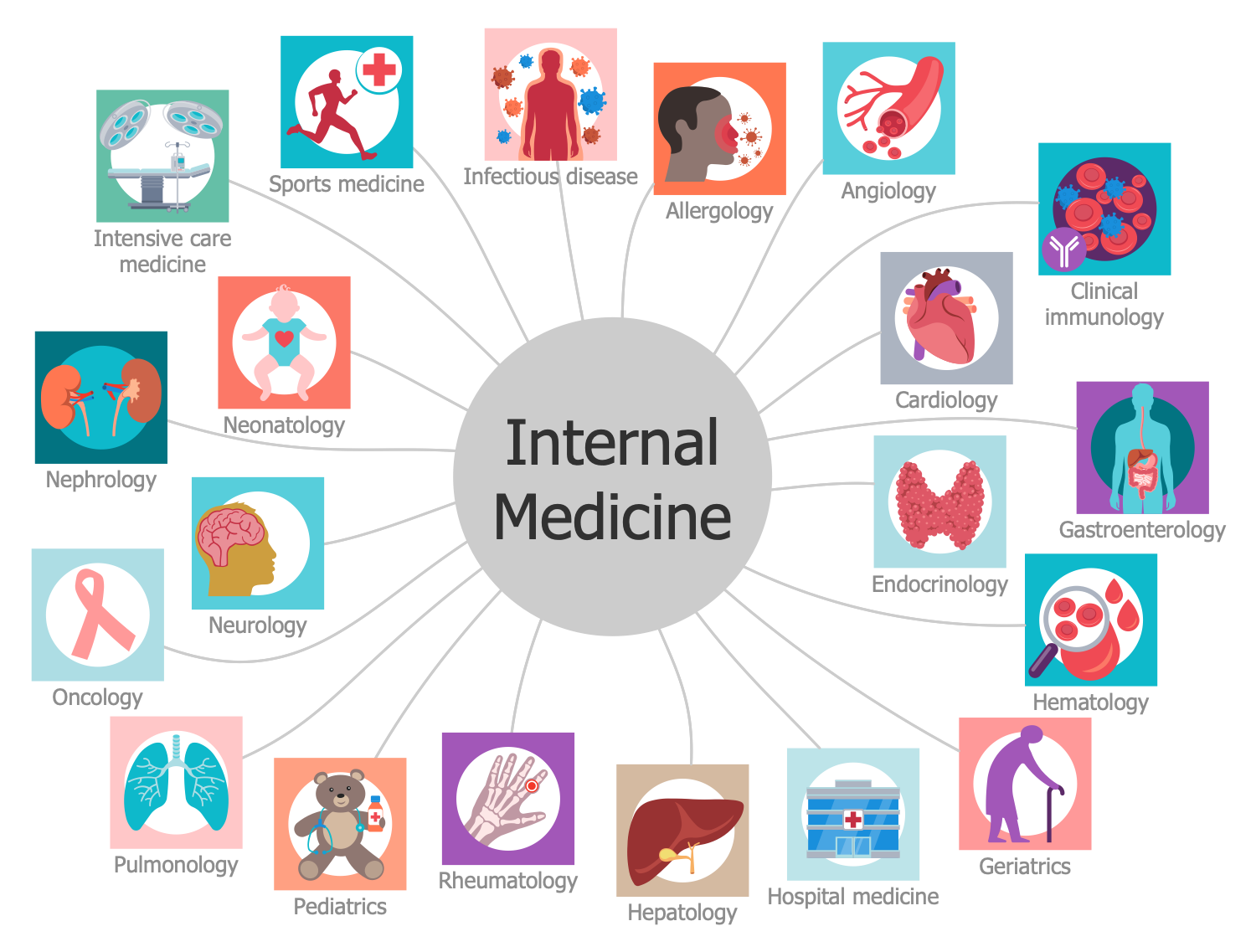Before coming into the Internal Medicine rotation at NYPQ, I had a preconceived idea that this was a specialty geared towards treating a broad range of illnesses in the adult population. I thought IM was a generalized field that focused on managing multi-organ system issues. I discovered that internal medicine is a complex practice and a web of influence. PAs in internal medicine must manage the parts of beyond a patient’s diagnosis and chief complaint such as comorbidities and social factors. This type of patient care is done through a web of influence by utilizing other specialties. Overall, internal medicine is a very cerebral field, meaning internists are constantly thinking about the pathophysiology of disease processes in order to effectively treat patients. For example, patients that come in for stroke symptoms must quickly be worked up for the different etiologies that present as such. This requires thinking about cardiovascular, neurological, and infectious physiology to frame the workup needed in a timely manner.
Internal medicine is a practice that affords clinicians to master and provide wholesome medicine. What I was most happy to learn during this rotation, was how autonomous PAs function in an internal medicine setting. It was exciting to see PAs be involved in bedside procedures, consults, interpreting tests, diagnosing, communicating with specialists and patient families to provide well-rounded care.
Going forward, I will use my experience from IM and try to approach patients with a wholesome scope of practice before narrowing down. IM clinicians are experts in multitasking, interpersonal skills, and analytical thinking – so I am looking forward to mastering this to provide the best care I can offer my patients


